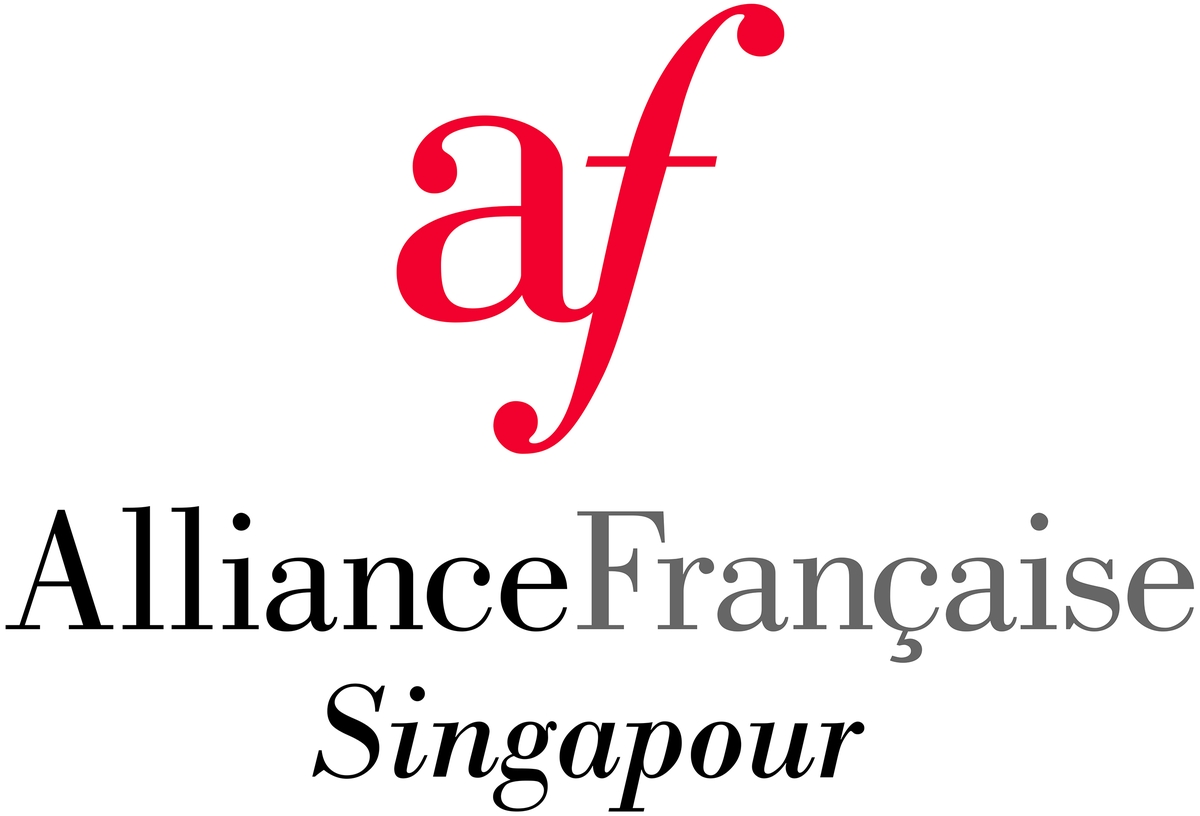A Language Friendly School
With students from over 20 different nationalities, our community thrives on diversity, and multiple languages are spoken daily. As such, language development is a cornerstone of our curriculum. Effective communication empowers our students to build strong relationships, collaborate meaningfully, and foster a profound sense of belonging. This foundation grows confident multilingual learners, opens future opportunities, and connects students to their cultural roots.
With Language Lessons with Specialist Teachers in the English Stream, students receive 45 minutes of additional language lessons daily from experienced subject teachers. Families can choose between Dutch, Mandarin, or French, tailoring their child’s education to specific linguistic and cultural goals. All language classes are conducted in small groups, where special attention is given to ensure each student develops their skills at a pace and level suited to their needs.
-
Learning Dutch: In the Dutch Stream, classes are conducted in Dutch, following the Dutch national curriculum for reading, writing, and mathematics. This approach preserves your child’s mother tongue and ensures the best connection to Dutch education when moving (back) to the Netherlands or Belgium.In the English Stream, Dutch is offered as a second language, focusing on writing, reading, and speaking. Through daily lessons, Dutch is developed at an intensive level, maintaining a connection to both international and Dutch education systems.
-
Learning Mandarin: Mandarin lessons are designed to suit students at all levels, from beginners to native speakers. Specialist teachers use level-appropriate curricula that focus on oral communication, vocabulary building, reading, and writing. These lessons are enriched with cultural insights, ensuring students develop both linguistic skills and an appreciation for Chinese culture.
-
Learning French: French lessons emphasise conversational skills, vocabulary building, reading, and writing. Whether students are beginners or advanced speakers, lessons are tailored to their proficiency level, helping them master the language while also gaining cultural knowledge.

For younger children in the Reception Class, lessons are based on observations and adapted to their developmental needs, ensuring meaningful, play-based learning experiences. Themes from the International Primary Curriculum (IPC) are incorporated into language lessons across all streams, providing a well-rounded and engaging approach.
Preserving a Child’s Mother Tongue: Research shows that maintaining one’s native language has significant cognitive benefits, enhancing multilingual development. Children with a well-developed first language find it easier to learn additional languages.
Better Results Through Multilingualism: Multilingual children benefit from enhanced problem-solving abilities, creativity, and adaptability—key 21st-century skills. These cognitive advantages not only lead to better school results but also prepare students to succeed in today’s globalised world.
